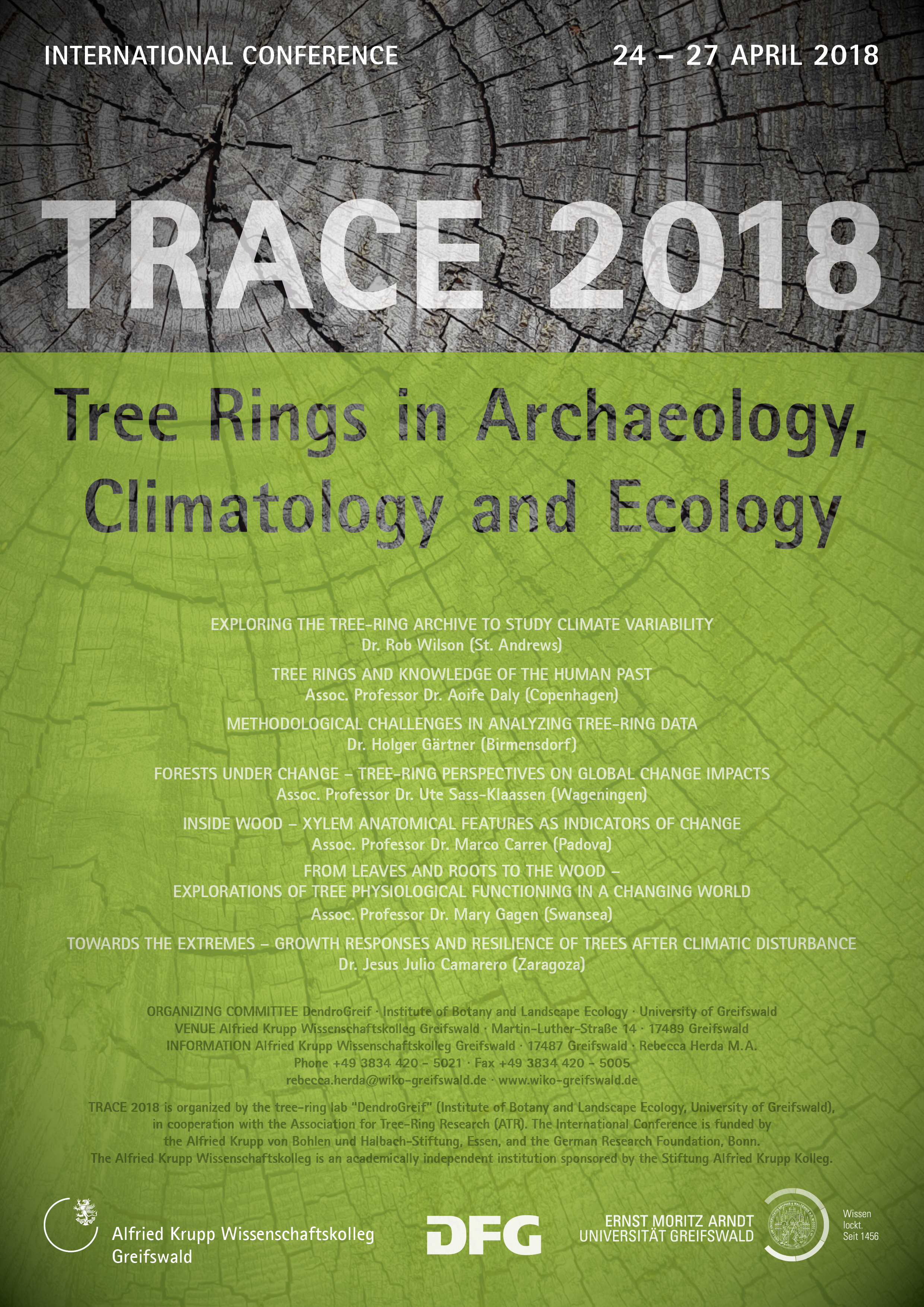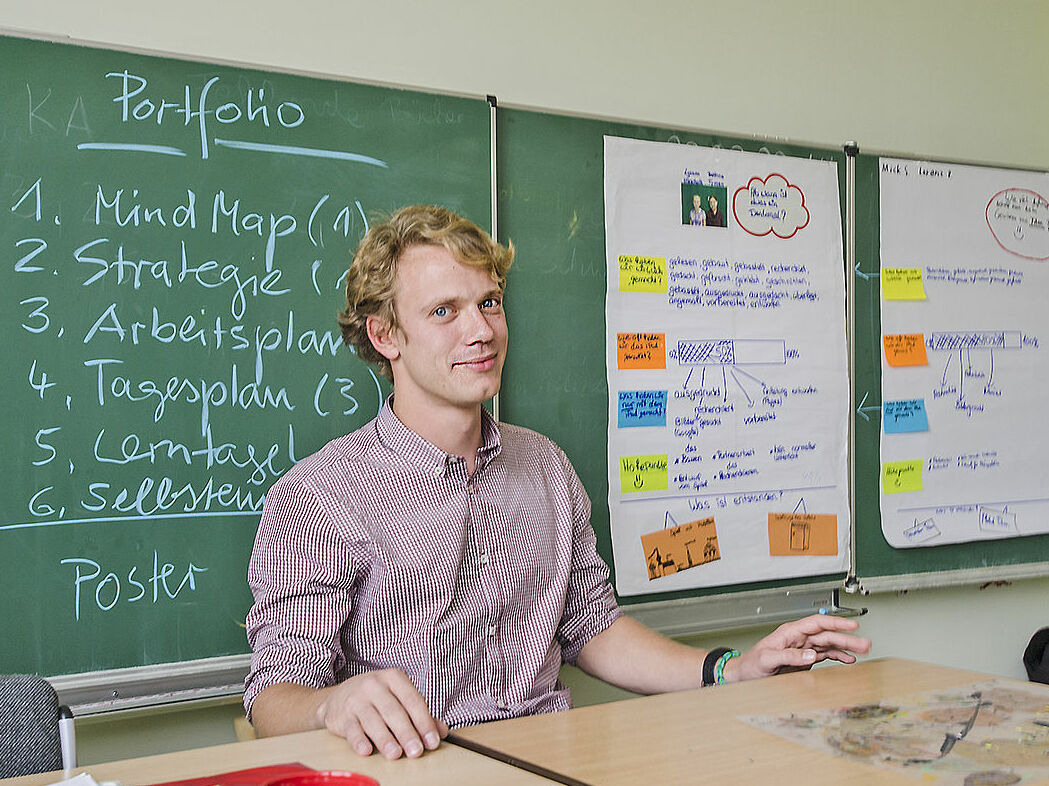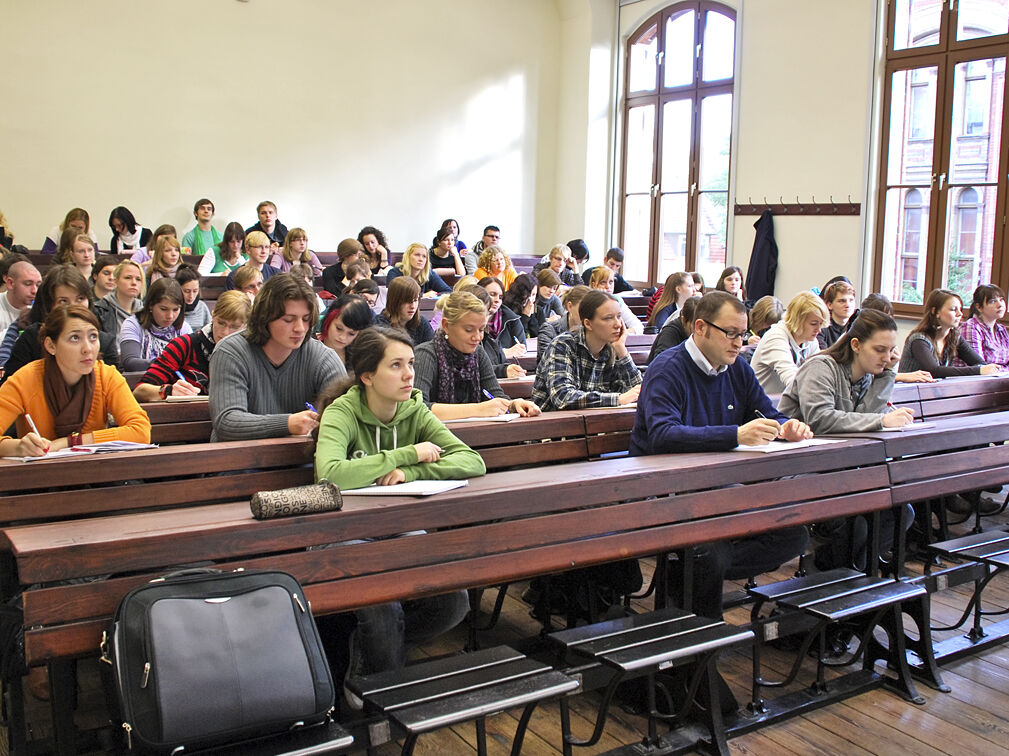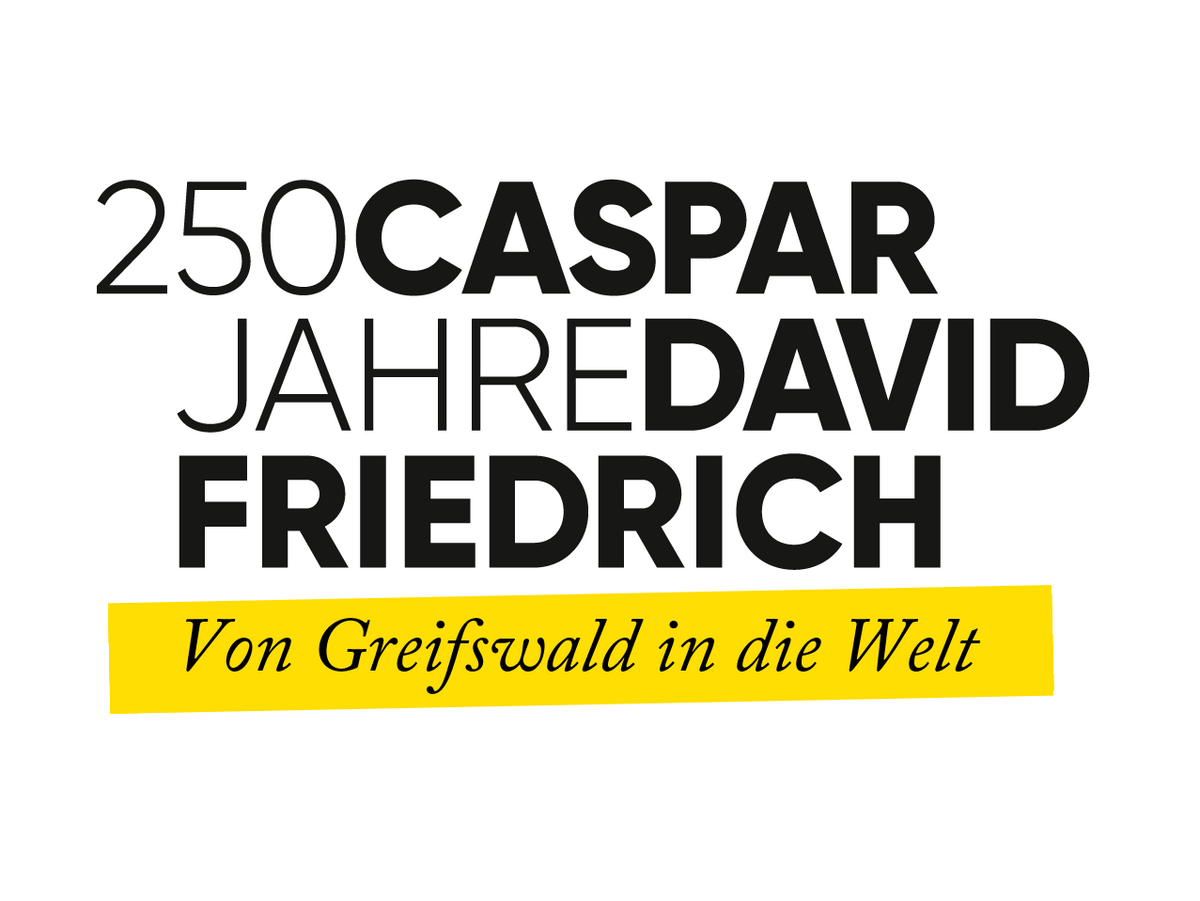The international conference “TRACE 2018 – Tree rings in Archaeology, Climatology and Ecology” will bring together scientists and students that use tree rings as archives of environmental, historical, and climatological information. The conference will take place in Greifswald, Germany, from April 24-27, 2018, and is preceded by four pre-conference workshops.
The conference seeks to build bridges, and facilitate knowledge exchange between the different scientific disciplines working with tree rings. This is reflected in conference sessions with topics ranging from dendroclimatology and forest ecology, to tree physiology and dendroarchaeology.
Extended deadline for registration and abstract submission: January 31st
TRACE 2018 is organized by the tree-ring lab “DendroGreif” (Institute of Botany and Landscape Ecology, University of Greifswald), in cooperation with the Association for Tree-Ring Research (ATR).
The organizing committee is looking forward to cordially welcoming you in Greifswald!
Scientific Chairs and Organizers: Jill Harvey, Ph.D.; Jelena Lange, Dr. Marieke van der Maaten-Theunissen, Dr. Ernst van der Maaten, Dr. Tobias Scharnweber, Professor Martin Wilmking, Ph.D. (all Greifswald)
Programm
Tuesday, 24 April 2018
Location: Pomeranian State Museum,
Rakower Straße 9
18:00 – 22:00
Registration and Icebreaker
Wednesday, 25 April 2018
Location: Alfried Krupp Wissenschaftskolleg,
Martin-Luther-Straße 14
8:00 Registration & hanging posters
9:00 Conference Opening
Session 1: Forests under change – tree-ring perspectives on global change impacts
Moderator: Prof. Dr. Ute Sass-Klaassen
9:15 – 9:30 Session Introduction
Ute Sass-Klaassen
9:30 – 9:45 Climatically controlled reproduction drives tree growth
Andrew Hacket-Pain
9:45 – 10:00 Environmental significance of resin duct differentiation assessed by its quantification in tree rings of a Mediterranean pine
Carla Vázquez-González
10:00 – 10:15 Investigation of age and site index in unevenaged private forests in Croatian Mediterranean and Submediterranean with dendrochronological methods and multispectral satellite images
Alen Berta
10:15 – 11:00
Poster Session 1 with Coffee Break
Forests under change – tree-ring perspectives on global change impacts
Tree rings and knowledge of the human past
From leaves and roots to the wood – explorations of tree physiological functioning in a changing world
11:00 – 11:15 Responses of high latitudinal tree stands to global warming at the Siberian Arctic treeline - combining dendrochronology and simulation modelling
Stefan Kruse
11:15 – 11:30 Provenance-specific growth reaction of Norway spruce
Marcin Klisz
11:30 – 11:45 Investigations into changing periodicity of western spruce budworm at its western distribution limits on Vancouver Island, BC, Canada
Jenny Berg
11:45 – 12:00 Groundwater extraction increases growth sensitivity of pedunculate oak trees
(Quercus robur L.) to summer drought
Georgios Skiadaresis
12:00 – 12:15 The use of dendrochronological analysis and GIS capabilities for estimating the influence of the water mass on the growth of stands
Alexei S. Golyukov
12:15 – 12:30 ECHoES - Effects of tree Colonization on Hydrology and carbon sequestration in peatland EcoSystems
Johannes Edvardsson
12:30 – 13:45 Lunch
13:45
Session 2: Tree rings and knowledge of the human past
Moderator: Assoc. Prof. Dr. Aoife Daly
13:45 – 14:00 Session Introduction
Aoife Daly
14:00 – 14:15 Dendrochronological Data from the Hanseatic City of Greifswald
Karl-Uwe Heussner
14:15 – 14:30 Buildings and wood trade in Aix-en-Provence (South of France) during modern period
Lisa Shindo
14:30 – 14:45 Refining the statistical parameters for constructing tree-ring chronologies using short-lived species: Alder (Alnus glutinosa Gaertn)
Marie-Therese Barrett
14:45 – 15:00 Cultural modified pines in Dividalen, Norway, reveal 17th - 18th century dynamics of reindeer herding and Sámi use of forest resources
Andreas Kirchhefer
15:00 – 15:15 Eco-cultural legacies of forests and plants over millennia
Andrew Trant
15:15 – 15:45 Coffee Break
15:45
Session 3: From leaves and roots to the wood – explorations of tree physiological functioning in a changing world
Moderator: Assoc. Prof. Dr. Mary Gagen
15:45 – 16:00 Session Introduction
Mary Gagen
16:00 – 16:15 Combining tree-ring growth and carbon isotope variability to infer the long-term drought responses of trees
Matthias Saurer
16:15 – 16:30 Elevated CO2 influences the productivity and the water use efficiency of the invasive woody species Ponderosa pine in savanna-like ecosystems of Nebraska
Giovanna Battipaglia
16:30 – 16:45 Simulated cambial phenology of Siberian conifer trees and global climate change
Ivan Tychkov
16:45 – 17:00 Variation in leaf, xylem and phloem tissue fractions along environmental gradients: testing the functional equilibrium hypothesis
Elisabeth Robert
17:00 – 18:00 General Poster Session and Refreshments
18:00 Association for Tree-Ring Research Annual Meeting
Thursday, 26 April 2018
Location: Alfried Krupp Wissenschaftskolleg,
Martin-Luther-Straße 14
8:30
Session 4: Exploring the tree-ring archive to study climate variability
Moderator: Dr. Rob Wilson
8:30 An Intercomparison of Reconstructions of the
El Niño / Southern Oscillation Based on Different Proxy Data
Danielle Verdon-Kidd
8:45 – 9:00 Spring drought fluctuation inferred from tree-ring δ18O during the past 200 years and linkage with El Niño-Southern Oscillation in Diancang Mountain, Northwest Yunnan
Fan Zhao
9:00 – 9:15 The intra-annual oxygen isotope cycle of tree-ring cellulose from pine trees as indicator of current and past hydroclimate
Sonja Szymczak
9:15 – 9:30 Climate from Stable Oxygen Isotopes in United Kingdom Oaks
Giles Young
9:30 – 9:45 Inverse phase relationship between the East and South Asian Monsoon over the past millennium and unprecedented weakening of the East Asian summer monsoon in recent decades
Xiaochun Wang
9:45 – 10:00 A new framework to test the origins of western
American megadrought
Scott St. George
10:00 – 10:15 Suitability of endemic Balkan pines for climate reconstruction: case study from the W Balkan
Tom Levanič
10:15 – 11:00 Poster Session 2 with Coffee Break
Exploring the tree-ring archive to study climate variability
Open poster session
11:00 – 11:15 Climate-growth variability of beech chronologies:
a case study from NP “Djerdap”, Serbia
Marko Kazimirović
11:15 – 11:30 A 1000+ year reconstruction of temperature extremes for the northeastern Mediterranean region
Lara Klippel
11:30 – 11:45 What can we learn from using daily climate data for growth-climate response analyses?
Ryszard J. Kaczka
11:45 – 12:00 Usage of daily weather data for pattern recognition of tree-ring climate signals along environmental gradients
Lixin Lyu
12:00 – 12:30 All climate reconstructions are “wrong”: A tree-ring perspective to understanding past climate
Invited “provocative” lecture by Rob Wilson
12:30 – 14:00 Lunch
14:00 Mid-Conference Excursions
(1) Tree-planting campaign
(2) City tour
(3) Experimental forest
18:00 Public Lecture
Ein Streifzug durch die Wälder der Vergangenheit, Gegenwart und Zukunft
Prof. Dr. Harald Bugmann, ETH Zürich, Switzerland
Lecture in German
afterwards snacks and drinks
Friday, 27 April 2018
Location: Alfried Krupp Wissenschaftskolleg,
Martin-Luther-Straße 14
8:30
Session 5: Methodological challenges in analyzing tree-ring data
Moderator: Dr. Holger Gärtner
8:30 – 8:45 Session Introduction
Holger Gärtner
8:45 – 9:00 Comparison of linear and nonlinear machine learning methods for the analysis of statistical relationships between tree-rings and climate
Jernej Jevšenak
9:00 – 9:15 SwanCal: An R-Shiny App for Reconstructing Past Climates from Tree-Rings
Darren Davies
9:15 – 9:30 Direction Specific Radial Growth of Robinia pseudoacacia L. Stump Shoots - A Competition Analysis
Christin Carl
9:30 – 9:45 Phosphorus in Space and Time – P distribution within the woody biomass of trees
Jörg Niederberger
9:45 – 10:00 Influence of decayed wood in tree rings stable isotopes analysis
Viorica Nagavciuc
10:00 – 10:15 Schizophrenic shrubs: Multi-directional, multi-proxy exploration of intra-individual growth heterogeneity
Allan Buras
10:15 – 11:00
Poster Session 3 with Coffee Break
Methodological challenges in analyzing tree-ring data
Inside wood – xylem anatomical features as indicators of change
Towards the extremes – growth responses and resilience of trees after climatic disturbance
11:00
Session 6: Inside wood – xylem anatomical features as indicators of change
Moderator: Assoc. Prof. Dr. Marco Carrer
11:00 – 11:15 Session Introduction
Marco Carrer
11:15 – 11:30 Xylogenesis investigations and dendrochronology reveal the functions of IADFs in Mediterranean woods
Angela Balzano
11:30 – 11:45 Studying wood anatomical response of Betula pendula to mechanical damage using experimental approach
Jan Tumajer
11:45 – 12:00 Exploring inter-individual wood anatomical variation along a Picea abies altitudinal transect
Alma Piermattei
12:00 – 12:15 From anatomical to annual growth rings scale: dendroecological signal derived from Betula nana chronology in Northern Alaska
Agata Buchwal
12:15 – 12:30 Evidences of cyclic Eurois occulata outbreaks in West Greenland based on shrub-ring anatomy and remote sensing
Angela Luisa Prendin
12:30 – 13:45 Lunch
13:45
Session 7: Towards the extremes – growth responses and resilience of trees after climatic and environmental disturbance
Moderator: Prof. Dr. Marieke van der Maaten-Theunissen
13:45 – 14:00 Session Introduction
Marieke van der Maaten-Theunissen
14:00 – 14:15 Tree rings reveal a major episode of forest mortality in the late 18th century on the Tibetan Plateau
Ouya Fang
14:15 – 14:30 Experimental Plant Ecology meets Dendroecology: Indications for the influence of winter climate on growth towards the cold distribution margin of European beech (Fagus sylvatica L.)
Robert Weigel
14:30 – 14:45 Reconstruction of droughts using a tree-ring width chronology of Q. brantii in the Zagros oak woodlands, Iran
Mohsen Arsalani
14:45 – 15:00 Dendrogeomorphological analysis of foothills’ landslides activity - an example from Wiśnickie foothill
Dominika Wrońska-Wałach
15:00 – 15:15 On the track of extreme growth responses – a review and evaluation of methods for pointer year detection
Gottfried Jetschke
15:15 – 15:45 Coffee Break
15:45 – 16:00 Do long-term nutrient imbalances contribute to drought-triggered forest dieback? Insights from tree-ring chemistry
Andrea Hevia
16:00 – 16:15 Growth and drought response of Quercus pubescens willd. in different soils of sub-mediterranean region
Martina Lavrič
16:15 – 16:30 Reactions of rare native tree species in Germany to drought stress
Henriette Schmidt
16:30 – 16:45 Forest vulnerability to a warmer 21st-century climate: Assessing climate extremes using process-based models of tree growth
Raúl Sánchez-Salguero
16:45 Conference Closing Remarks
Please Remove Your Posters
19:00 Conference Dinner and Awards
Location: Theater Café, Anklamer Straße 108






